
15:51, 15-May-2017
‘All roads lead to Beijing’
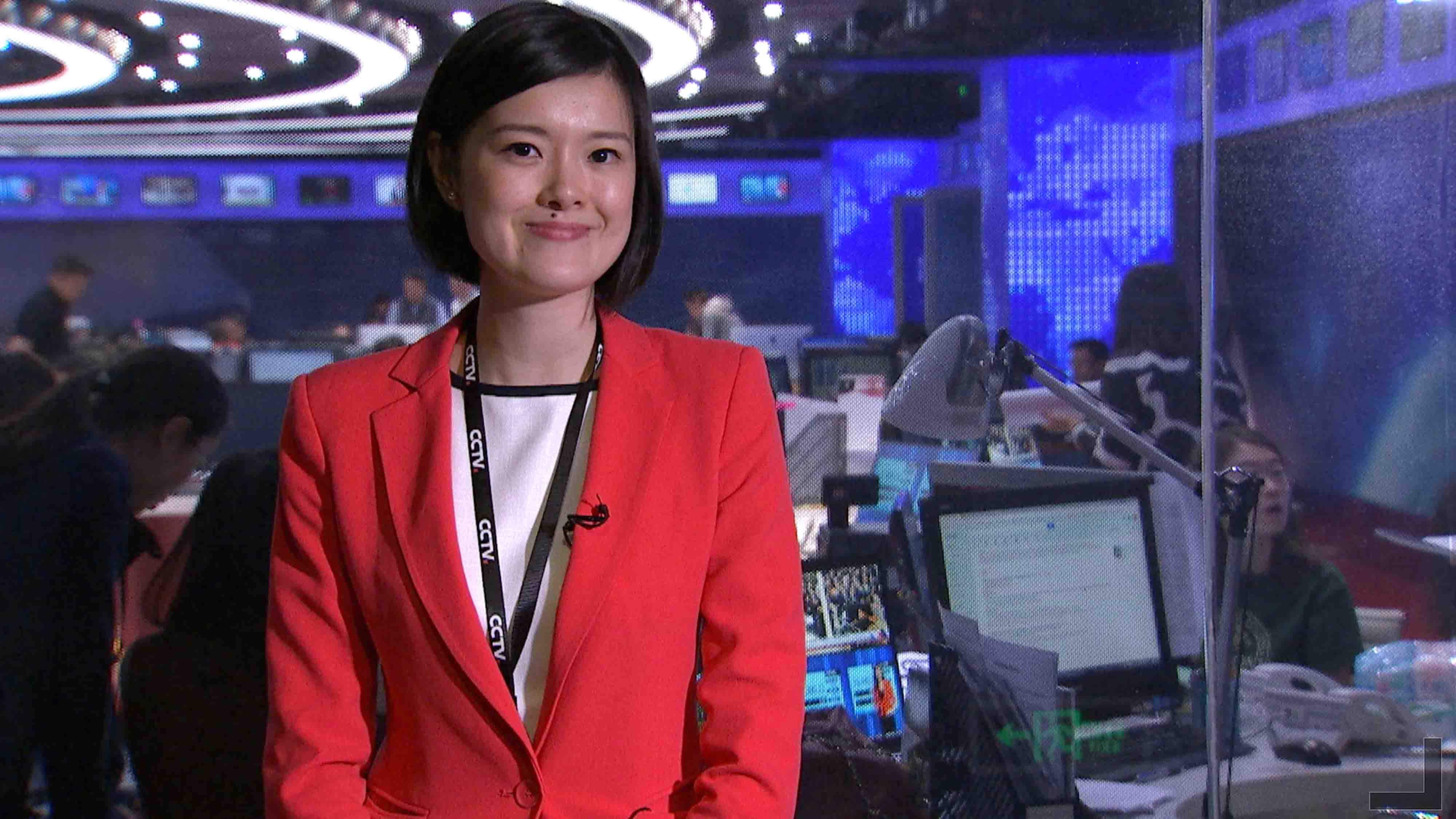
China’s biggest diplomatic event of the year, the Belt and Road Forum for International Cooperation, finally kicked off in Beijing earlier on Sunday with an impressive number of heads of state and government leaders in attendance.
You might have read CGTN America's Mike Walter’s story on our WeChat post on Saturday, with his own unique interpretation of the Belt and Road Initiative in the context of China-US relations. How about some insights from CGTN’s talented young chief correspondent who holds an MBA from the University of Cambridge? It’s time to introduce -- Zou Yun.
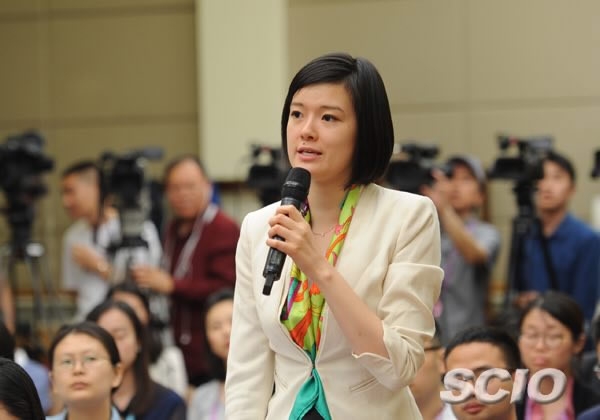
SCIO Photo
SCIO Photo
Zou now works for CGTN in Beijing, but was previously CCTV’s US correspondent for both Mandarin and English services, mainly focusing on the US economy, trade and politics. During her time in Washington, she covered many major news events, including the G20 meeting in Mexico, the G8 meeting at Camp David, and the IMF Annual Meeting. She frequently reports from the front line of breaking news and has recently covered the Colorado wildfires and the suicide of Chinese-American Private Danny Chen.
During an interview earlier this week with EU ambassador to China Hans Dietmar Schweisgut, Zou Yun was inspired by the ambassador’s perspective on the explosive growth of infrastructure projects brought by the China-proposed Belt and Road Initiative. Let’s take a look at Zou’s insightful notes from the interview:
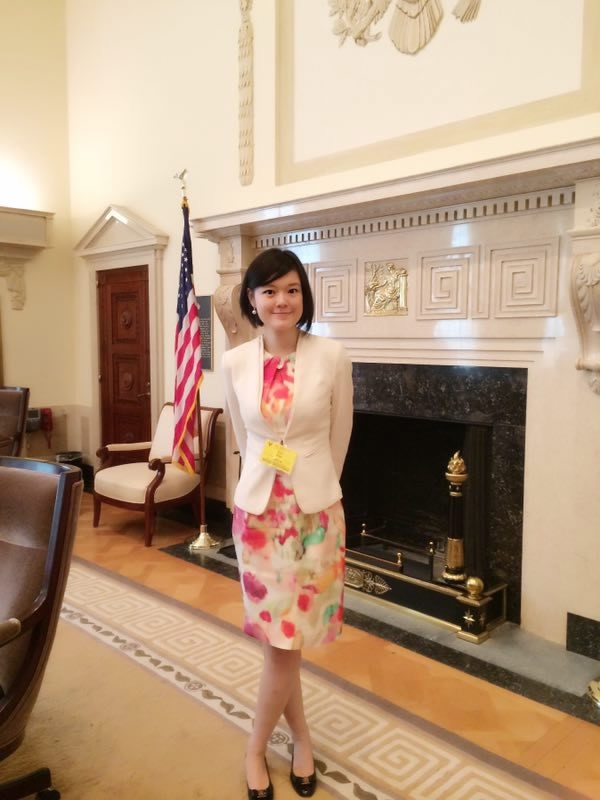
CGTN Photo
CGTN Photo
“Before my interview with Hans Dietmar Schweisgut, he asked me whether I’d ever heard the metaphor: “All Roads lead to Rome.” After I said yes, he said “now we change it to ‘All roads lead to Beijing’”, and both of us burst into laughter.
“I think this saying makes sense to some degree, as the explosive growth of infrastructure projects brought by the Belt and Road Initiative has considerably strengthened the connectivity between China and countries along the route both on land and on sea. However, by no means is the initiative only about building roads and bridge. It’s about connectivity on multiple fronts, including energy, telecommunication and policy coordination.
“Another takeaway from my interviews with various experts is that the Belt and Road Initiative is not only about giving people the fish, but teaching them how to fish. Apart from technical and financial support on overseas projects, China has been focusing on technical and skills training of local employees, protection of the ecological environment, and engagement of public welfare.
“The Belt and Road Initiative is China’s answer to engagement in international affairs against a backdrop of rising signs of anti-globalization.”
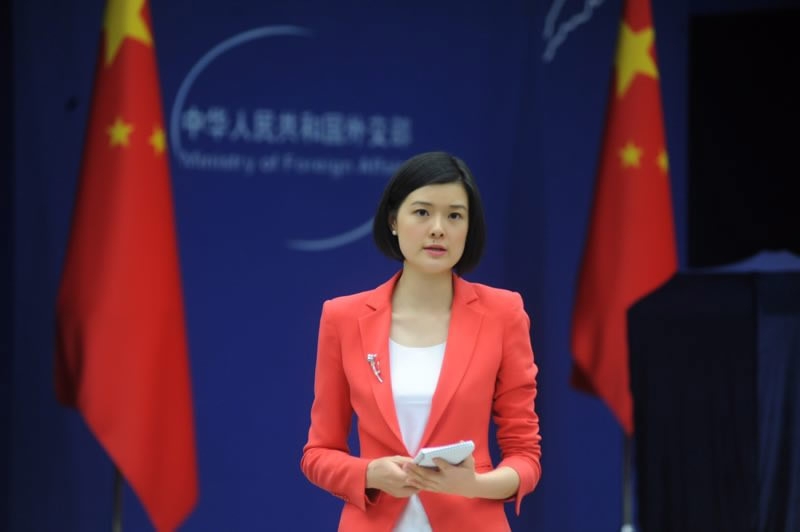
CGTN Photo
CGTN Photo
On Sunday, Zou Yun woke up as early as 4 a.m. to cover the very first day of the forum, including the opening ceremony and the high-profile meetings that followed.
“I feel like I was ‘fighting a battle’ today, as I was basically running around to do the reporting and dubbing -- in my high-heeled shoes.”
Today, Zou Yun is at the Yanqi Lake resort on the outskirts of Beijing for more reporting on the leaders' round table summit. Stay tuned with CGTN!
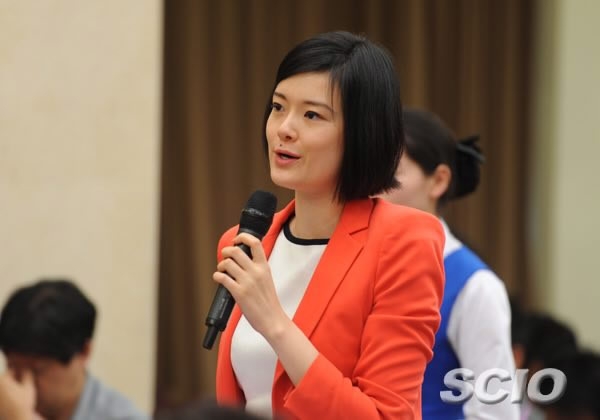
SCIO Photo
SCIO Photo
Zou Yun reported from Washington, DC from December 2011. Before moving to the US, she was a business reporter and writer for CCTV’s BizAsia. During that time she covered a wide range of topics -- from high-speed trains to China’s monetary policy -- and interviewed senior officials from Fortune 500 companies. She joined CCTV in 2010 after coming second runner-up in the CCTV Cup English Speaking Contest in 2009. She has been based at CGTN headquarters in Beijing since March, 2017.
She received a BA from Beijing University of Technology, and an MBA from the University of Cambridge.

SITEMAP
Copyright © 2018 CGTN. Beijing ICP prepared NO.16065310-3
Copyright © 2018 CGTN. Beijing ICP prepared NO.16065310-3